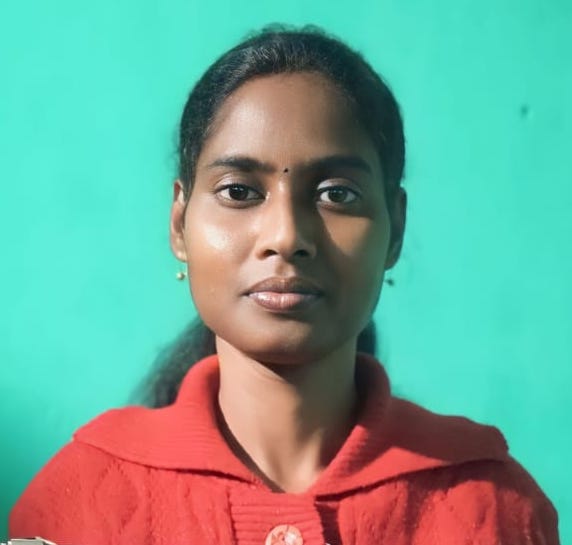
TUMPA MUDI
Tumpa Mudi is an educated young woman of the local ‘tribal’ Mudi community. She has joined Nando and Sikha as a tutor at Joihoripur and teaches the older High School going children in the afternoon class. She is unmarried and lives with her own family. She plays harmonium and sings. Tumpa is employed also as teacher in a pre-primary class supported by Ekka-Dokka from Kolkata, which runs daily in the school room at Joihoripur from 11 am.
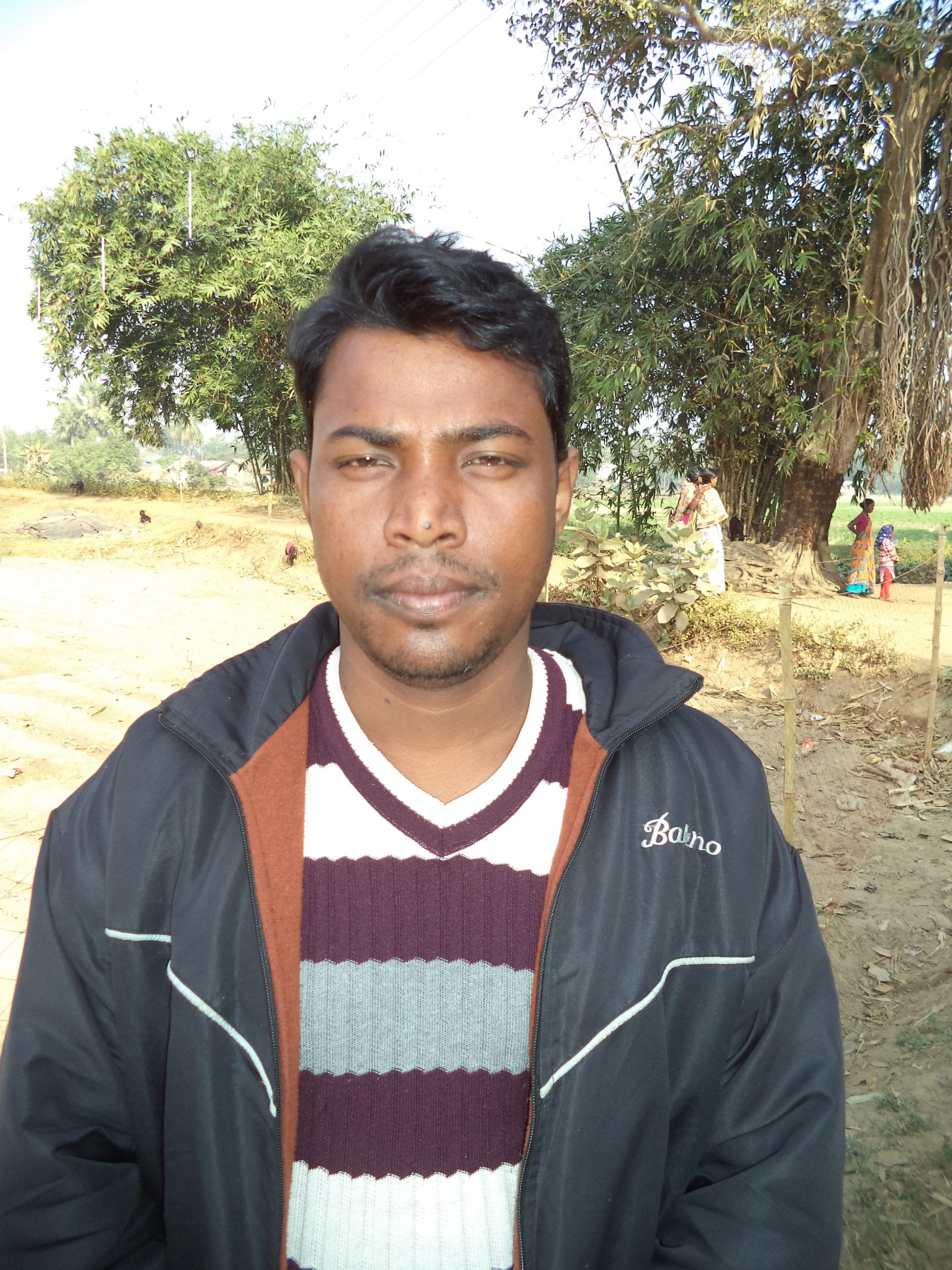
NANDOLAL MAHELI
The senior teacher at Joihoripur is Nandolal Maheli, who lives beside the school, and has been with Dhrubotara since 2012. He has a BA and is the son of a landless agricultural labourer. Nando is married and became a father in 2024. He is an activist in the movement for improved rights, conditions and wages for the 'tribal' and other poor people of the locality.
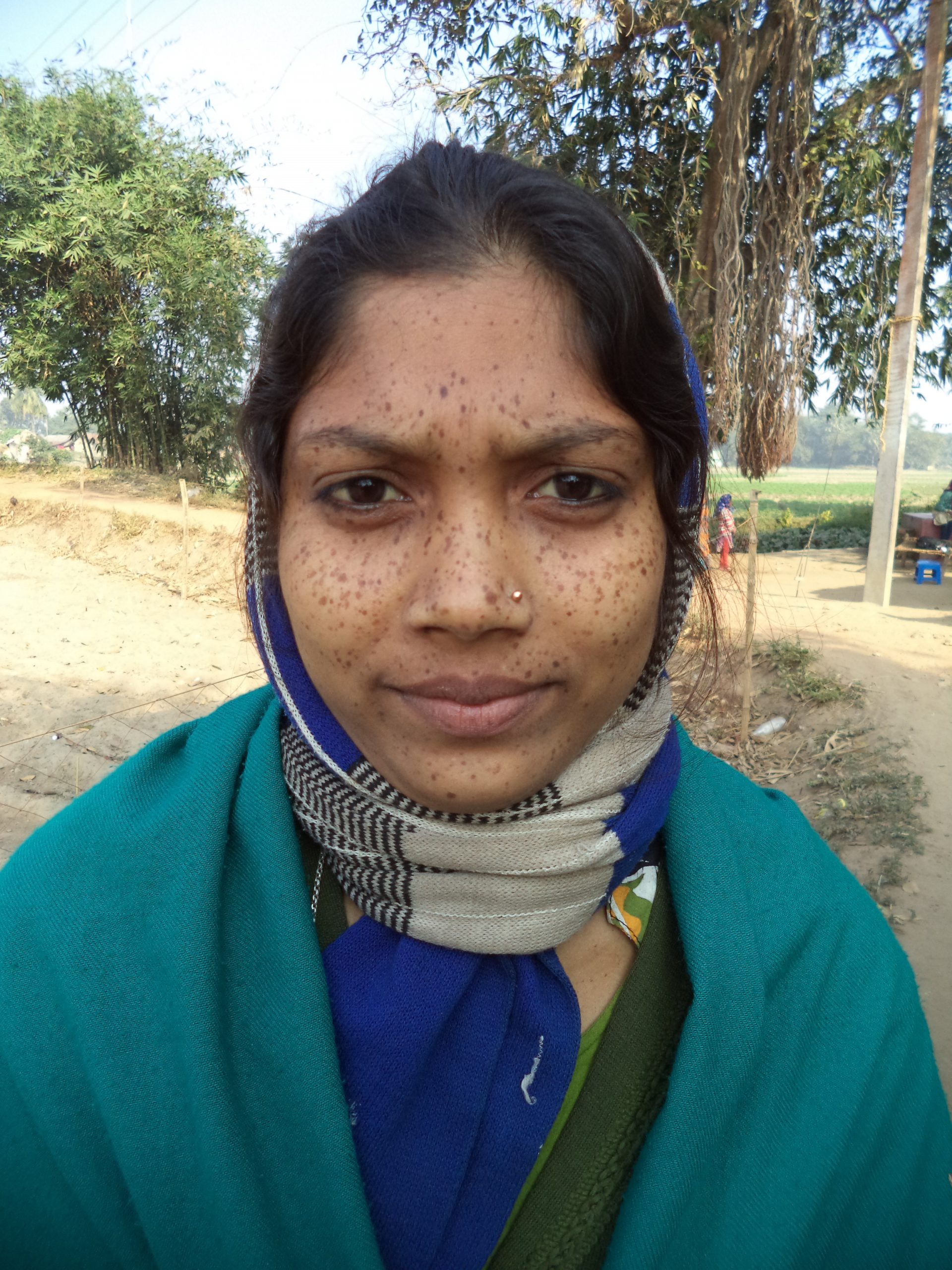
PUJA BAG
Puja Bag teaches the younger children at Joihoripur on 6 mornings a week. She was a college student and is now married and living with her husband's family in the nearby town of Dhaniakhali. She comes to the school on a motor scooter. Her father is a small cultivator on the family's land.
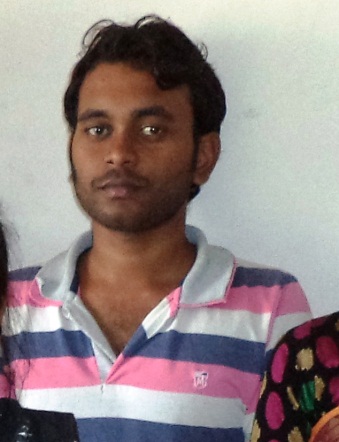
SOBHAN DAS
With Chompa since 2015 is Sobhan (known as Sumon) Das. He comes from a poor Bengali family in Makhalpur. In addition to teaching at Dhrubotara he works in a pharmacy in the nearby small town. He is married to Paromita.
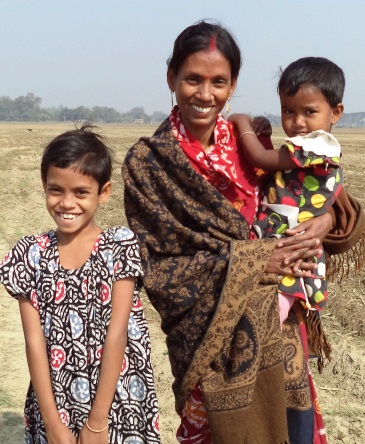
TAPASI DEY
At Makhalpur the senior teacher is Taposi (known as Chompa) Dey who is with Dhrubotara from 2001 and was the first teacher. She is a mother of 2 daughters, one married and one a student of Dhrubotara. Her husband is a farmer on a small landholding. Chompa’s mother is a Shobbor woman and her father is a 'general caste' Bengali cultivator.
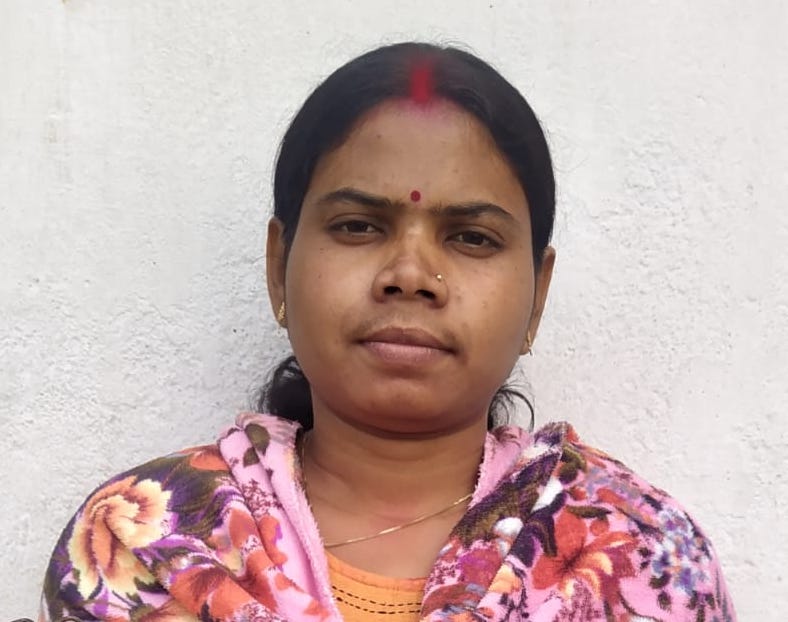
SIKHA MUDI
Sikha Mudi is a young, educated married woman who teaches in the morning tuition class for high school going students at Joihoripur. Her family live with the Shobbor community at Makhalpur. When the path is dry she walks across the fields daily to Joihoripur. When it is flooded she cycles the long way round on the road. She was recently widowed.
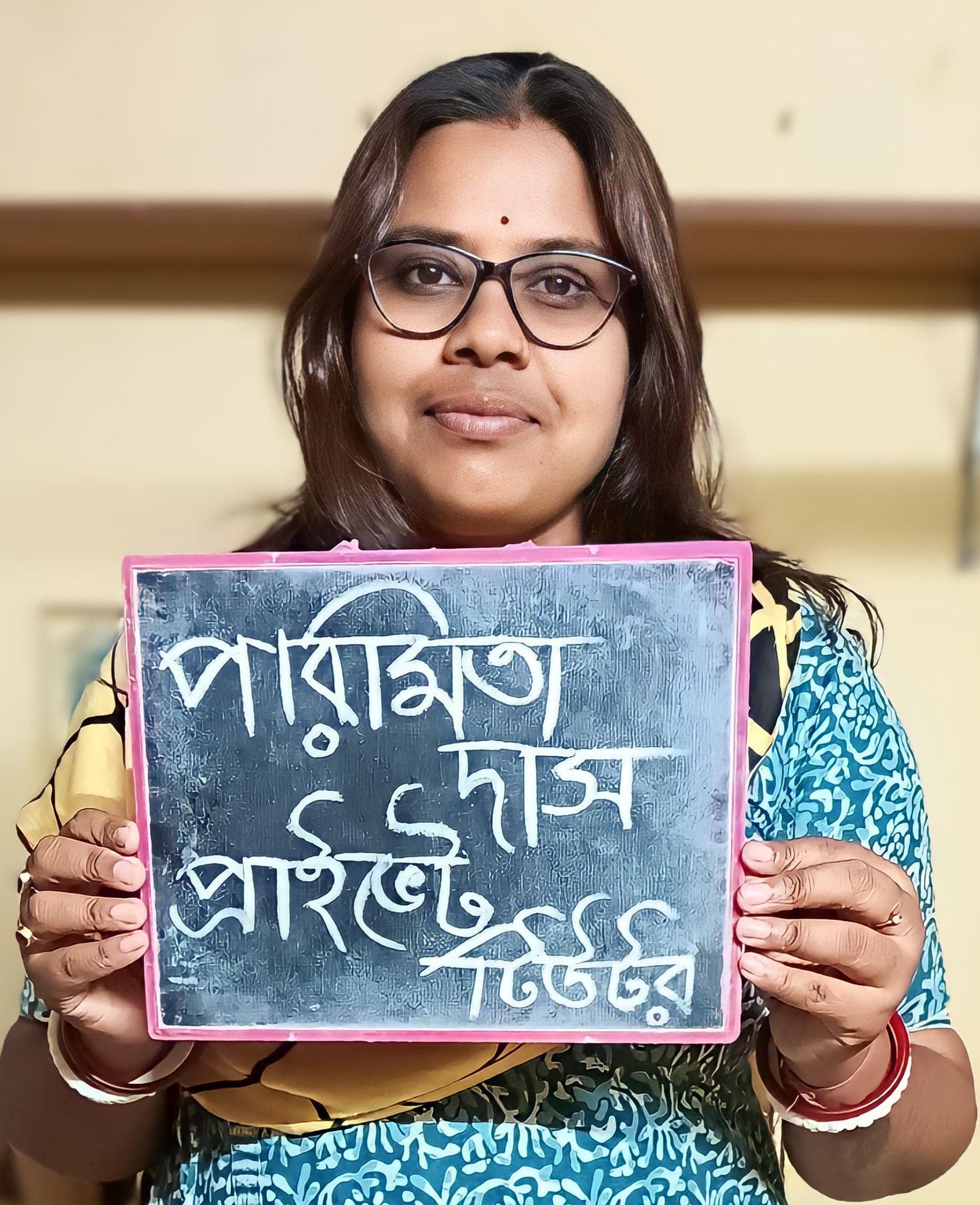
Paromita Das
Paromita Das is a college educated woman who runs the tuition class for high school enrolled students of Dhrubotara at Makhalpur. She is the wife of Sobhan Das. She lives in Makhalpur.